Content tagged with "recycling"
Coffee Cups, An Unknown Quantity
12.03.2018.
Annually in the United Kingdom 2.5 billion disposable coffee cups are thrown into rubbish bins. This figure equates to 7 million each day, and enough coffee cups to circle the earth five and a half times each year. Although pretty much all of these coffee cups end up in a bin, how many of them are actually recycled?
more...Monitoring the progress towards circular economy
16.02.2018.
In the transition to a more circular economy, monitoring the key trends is important to understand how the various elements of the circular economy are developing over time and how different actions and policies are contributing towards reaching objectives of circular economy. As part of its effort to implement the Circular Economy Action Plan, in January 2018 the European Commission adopted a new set of measures, including a simple and effective monitoring framework.
more...New European waste legislation
29.12.2017.
After three years of discussions, the European Parliament and Commission reached an agreement with Member States to boost recycling targets and waste prevention across Europe, together with a compromise with Member States on crucial waste laws to accelerate the transition to a circular economy in Europe. Creating a truly circular economy in Europe means having an efficient, accurate and coherent way of seeing how much material is put back into the value chain and recycled...
Food Recycling… Am I bothered?
09.10.2017.
In the UK, 15 million tonnes of food is wasted every year in the UK. That’s a big figure, and we can’t afford to keep going like this. Why is this urgent? Moral reasons on world hunger are legitimate, but households need to understand the personal effect this can have. The UK could save £3.3 billion a year, equivalent to £60 a month per household. Moreover, it could also spare 4.4 million tonnes of CO2 in the air. The UK has made great progress in reducing its food waste since the Household Waste Recycling Act in 2003...
more...Life cycle thinking in sustainable waste management
03.10.2017.
While following the five-step waste hierarchy should generally lead to the most resource-efficient and environmentally friendly way of dealing with waste, the best choice in a particular situation often depends on a number of specific conditions. In other words, departing from the waste hierarchy is sometimes necessary and Life Cycle Thinking can be used to complement the waste hierarchy in order to identify the best solution for every particular situation.
more...The importance of waste hierarchy in circular economy
15.09.2017.
Article 4 of the Waste Framework Directive introduced a highly influential notion of waste hierarchy, which has established an order of preference for actions in sustainable waste management in order to minimize the amount of waste generated and to improve overall waste management process.
In place of traditional waste management approach consisting of three R’s (Reduce, Reuse, Recycle), the European Union has introduced a more elaborate five-step waste management hierarchy...
European Parliament supports more ambitious waste management targets
16.03.2017.
As part of the EU efforts towards creating a circular economy, in 2017 the European Parliament debated and voted on the so called “waste package” proposed by the European Commission and aimed to manage waste more efficiently and effectively throughout the EU. The discussion was centered mainly on how ambitious targets for recycling and landfilling limits should be.
more...Why Should Companies Be Interested in Circular Economy?
02.03.2017.
Circular economy represents a new alternative to a traditional linear economy based on “take-make-consume-dispose” patterns. The re-circulation of materials in economy helps keep resources in the production process as long as possible and use them to the maximum of their value. Producing with lesser impact on the environment and evaluating the impact of products during their entire life cycles already at their design stage are, however, only the first step.
more...

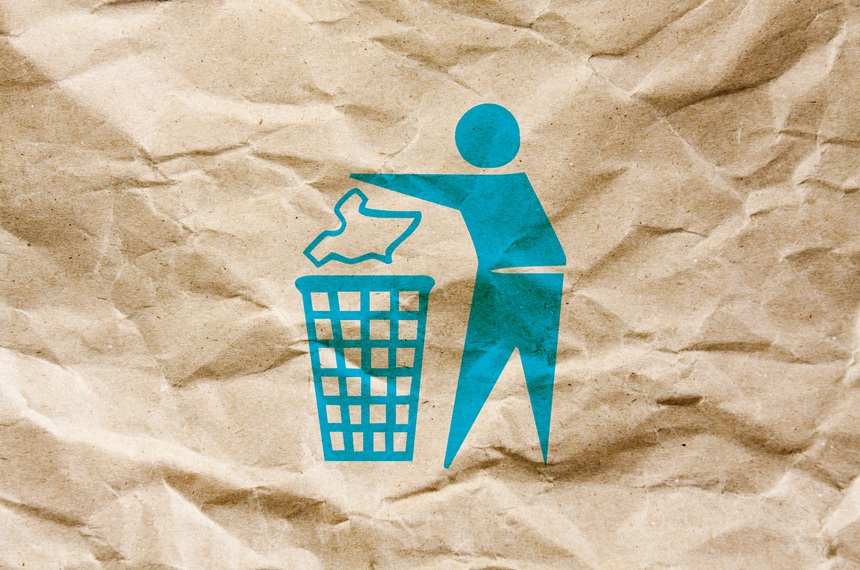
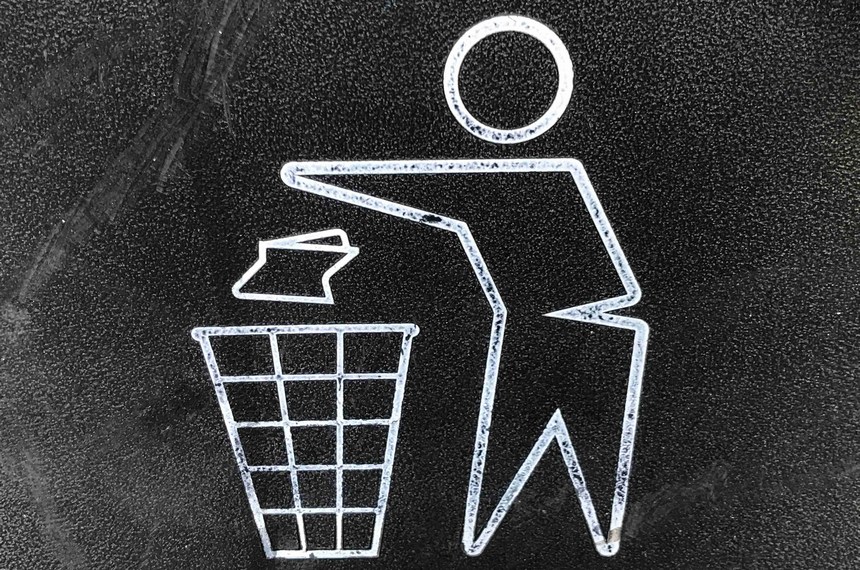
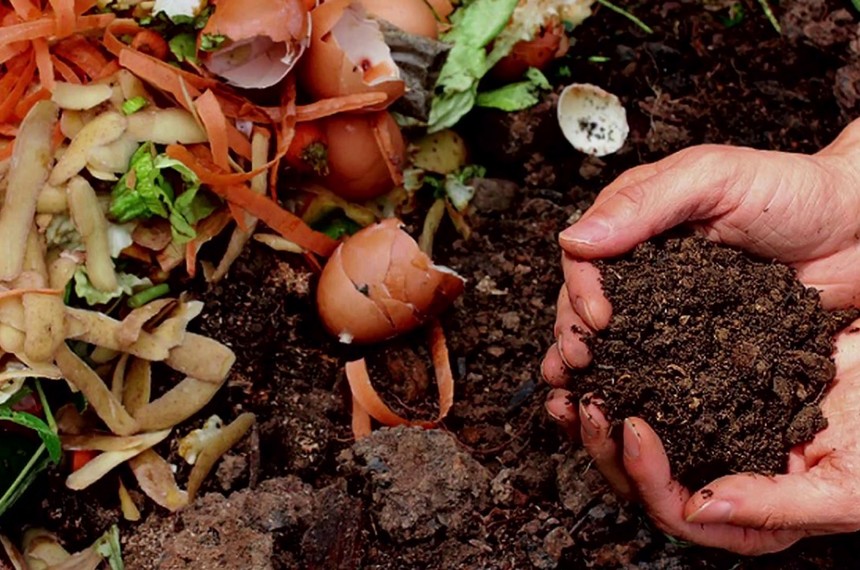
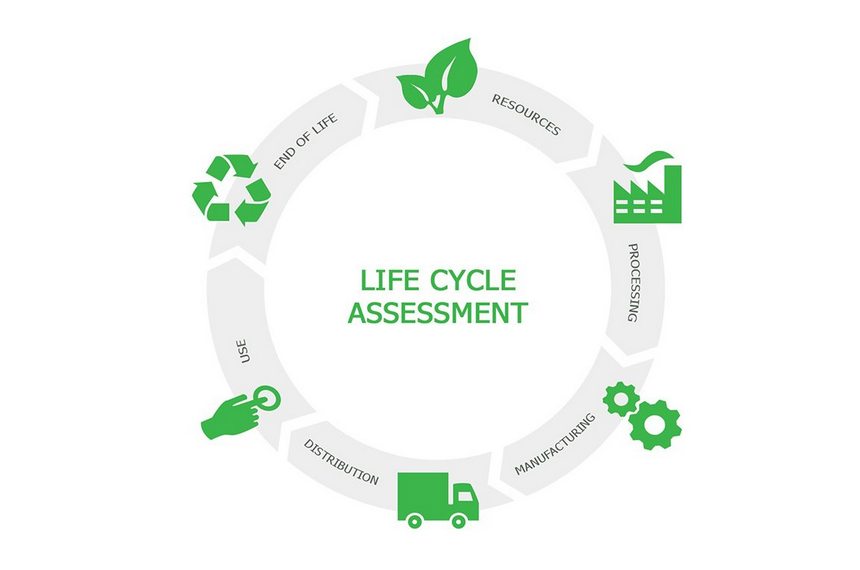
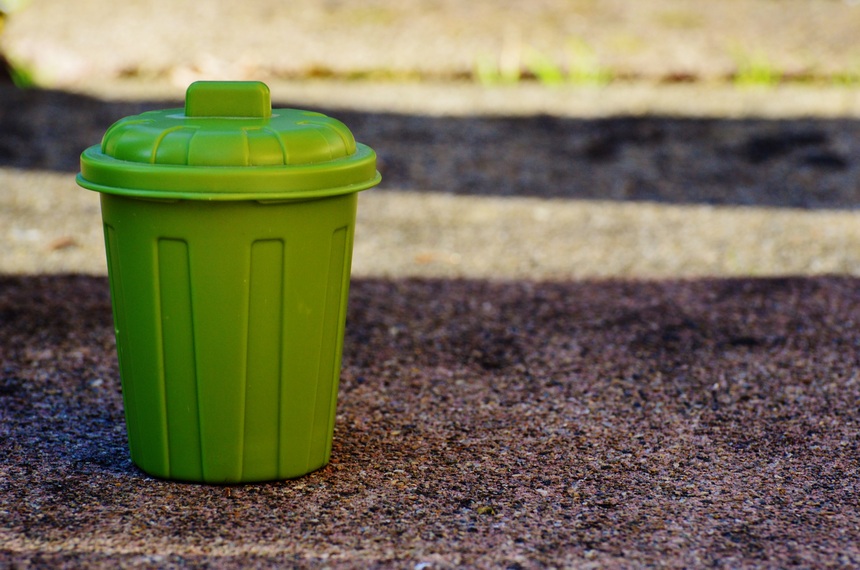
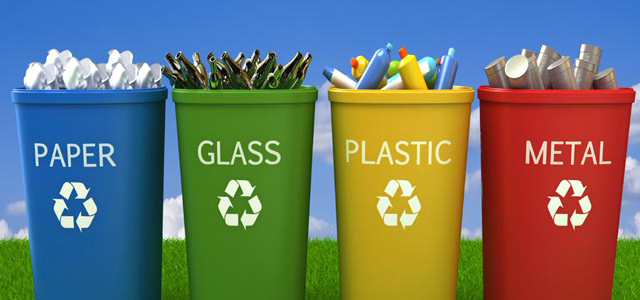

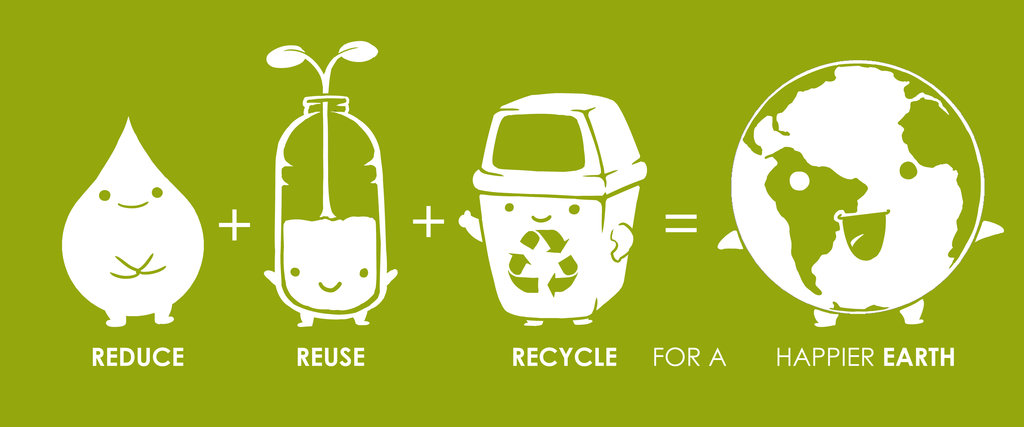
Follow us on